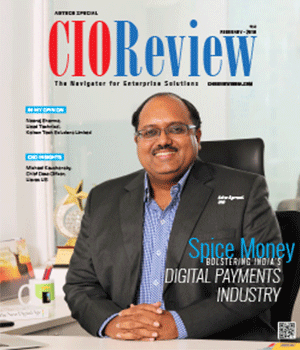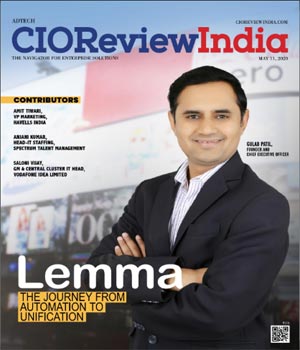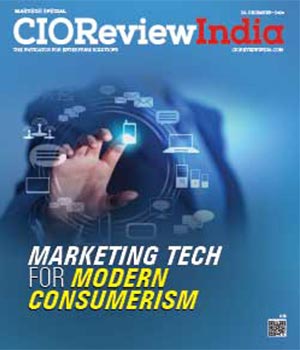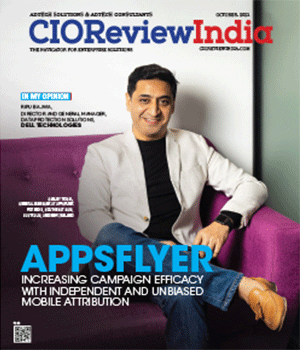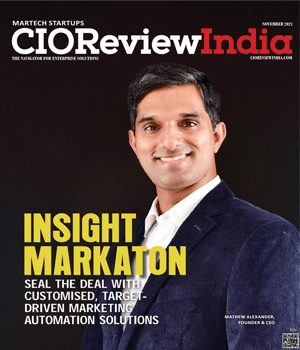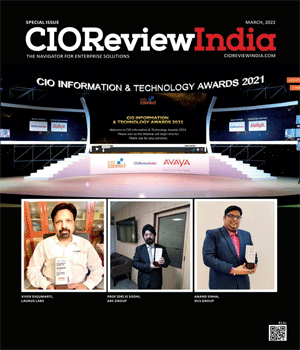
Trust Trumps All Understanding The Most Underutilized Strategy In Business
Bjorn Sprengers, Chief Marketing Officer, PropertyGuru Group | Tuesday, 17 September 2019, 13:39 IST
 Just a decade ago, most people would probably not have envisioned a world where the concept of “trust” would become so prominent in their everyday lives. Today we get into cars with complete strangers, lend money to other strangers on the other side of the world, and finance ideas that have no guarantee of ever becoming reality. We sleep in the beds of people we’ve never met while they worry not one iota that we would mess up their homes or worse. Each of these actions indicates a level of trust in the other party to come through on their promises.
Just a decade ago, most people would probably not have envisioned a world where the concept of “trust” would become so prominent in their everyday lives. Today we get into cars with complete strangers, lend money to other strangers on the other side of the world, and finance ideas that have no guarantee of ever becoming reality. We sleep in the beds of people we’ve never met while they worry not one iota that we would mess up their homes or worse. Each of these actions indicates a level of trust in the other party to come through on their promises.
Today, “trust” has become a critical enabler of the myriad business models born of the digital economy. With 60% of the global economy forecast to be digitized by 2022, the role of trust is likely to grow even bigger. There have been plenty of examples in recent years of where a breakdown of trust can bring down companies. These include the spate of incidents affecting Malaysia Airlines, to bank runs during the credit crisis, the meltdown in Chinese peer-to-peer lenders, and Big Tech’s struggle with data privacy and protection. The risks arising from a lack of trust are clear, but conversely, are we sufficiently aware of the opportunities? Getting their customers to trust in them should be a key priority for CEO, CMO, CTO; every business.
“Getting their customers to trust in them should be a key priority for CEO, CMO, CTO; every business.”
Trust is hard to build
According to the US Sustainable Accounting Standards Board, intangibles have grown from filling 20% of corporate balance sheets to 80%, due in large part to the expanding nature, and rising importance, of intellectual capital, research, and development and elements like market position, brand perception, and reputation. In fact, many of these intangible values are largely a matter of how well companies are able to build trust internally and externally.
Despite its already considerable impact on company valuations, there’s still immense upside. According to a recent report by the World Economic Forum (WEF), we have reached a historic milestone of having more than one-half of the world’s population now connected to the Internet. However, less than one-half of those already online trust that technology will make their lives better. Indeed, the WEF highlights the urgent need to build “a digital economy and society that is trusted, inclusive and sustainable’.
But what is trust and how can a company earn it? In psychology, the concept of trust is well documented – in Marketing less so. How surprising, when economic growth will increasingly be a function of trust between buyers and sellers.
The Trust Agenda
Trust is the belief that someone or something is reliable, good, honest and effective. It is driven by two ingredients:
1. Warmth: Empathy – acting in the interest of the customer, and authenticity – being yourself.
2. Competence: Being logical and consistent, always delivering on promises.
To build trust, the CMO needs to get out of their functional pillar and start operating at a more executive level, tying together company mission, marketing practices, HR strategies, and technology policies. At the basis of an effective Trust Agenda should be a company mission that inspires authentic and credible connections with customers. For example, as Southeast Asia’s leading property marketplace, PropertyGuru’s mission is to help people make confident property decisions.
Next is to make sure one walks the talk. With a direct focus on culture – making sure that practices around hiring, developing, and rewarding people lead to behaviors that are authentic and inspire trust.
A third core ingredient is building the perception of trust. This relies on the CMO’s core brand-building arsenal and should focus on finding a purpose that is authentic and that resonates as well as building distinctive characteristics of trust in a company’s verbal and visual articulation. Impact and consistency are kings.
The fourth agenda item is about creating simple and compelling value propositions. If one is in (digital) services, make sure you have a strategy towards minimizing perceived risk. Trial programs, reviews, and testimonials are proven instruments.
Next is to focus on delivering phenomenal customer experiences. These should be human, empathetic, authentic, clear, credible, logical and consistent and should be structured to inspire habits. Customer habits towards your brand are substantially more impactful than any loyalty program. Finally, one should make sure there are solid definition and measurement of quality at each touch point with the customer.
Executives in general and CMOs in particular should realise that trust is a prime engine for growth. They will be uniquely superior in their industries if they pursue a comprehensive and coherent agenda that treats trust not as a downside risk, but as an instrument to create much more value in the relationship with their customers.
CIO Viewpoint
Marketing Tech - A CIO Perspective
By Satish Panchapakesan, Senior Vice President & CIO, Arvind Fashions
Blockchain Based Cybersecurity For IoT
By Arunmani Subramanian, VP - Emerging Technologies, YASH Technologies
Data Science & Machine Learning In Fintech
By Jainendra Kumar, Head - Global Delivery Center-India & Senior Director Product Development Software, Diebold NixDorf
CXO Insights
Cyber Security - A Perspective
By Manu Sharma, Director - Information Technology And Corporate Security, OnMobile Global Limited
How Low-Code Is Transforming The Future Of Work...
By Deepak Pargaonkar, VP - Solution Engineering, Salesforce
Incorporating Blockchain Capabilities into...


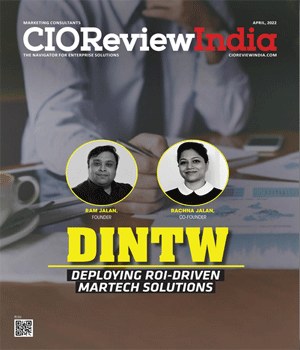
.jpg)
